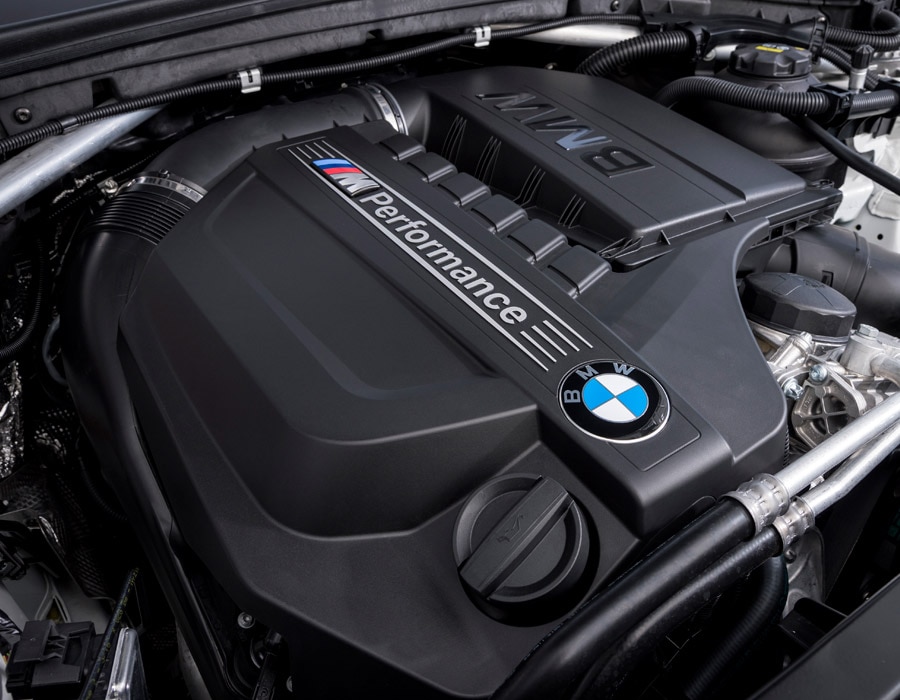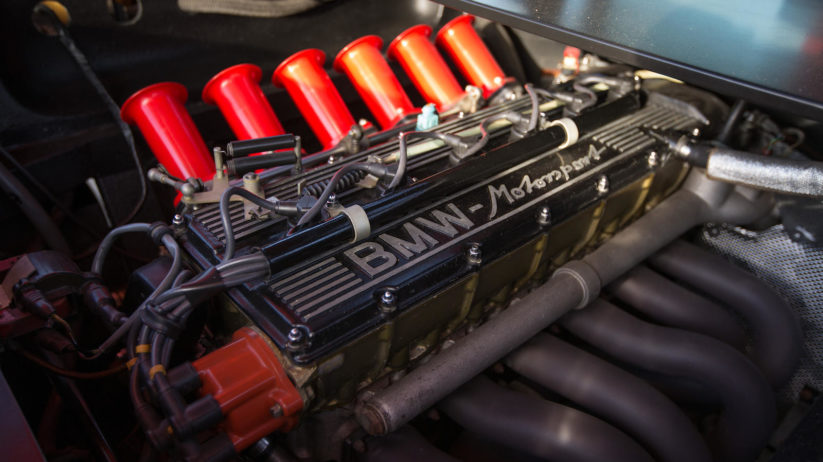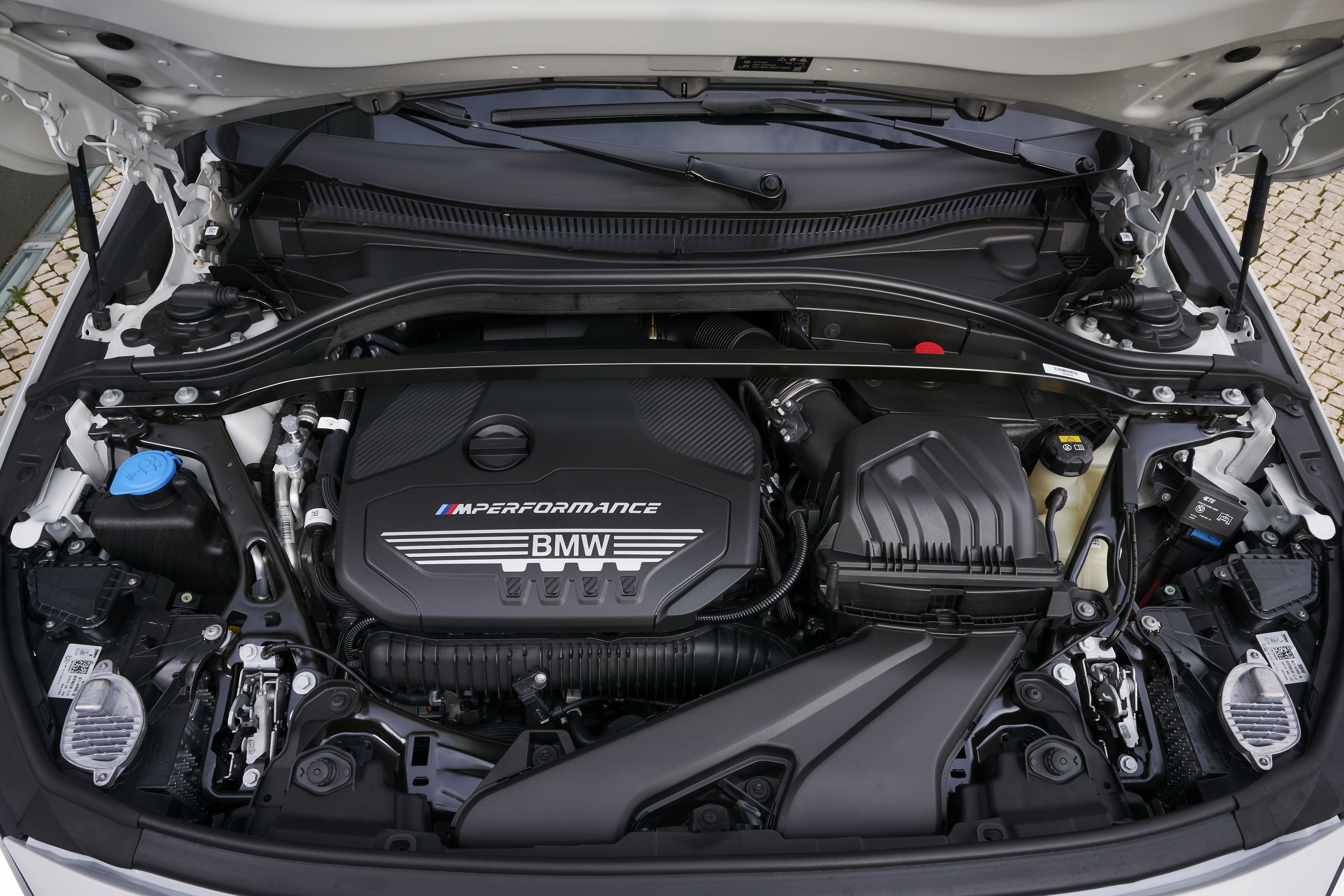Exactly how to Preserve Your BMW Engine for Ideal Efficiency and Long Life
Exactly how to Preserve Your BMW Engine for Ideal Efficiency and Long Life
Blog Article
Introducing the Intricacies of Next-Generation Power Units: a Deep Dive Into Advanced Engine Styles and Innovations
In the world of auto engineering, the ruthless quest of sustainability, efficiency, and efficiency has actually thrust the development of power devices to unmatched elevations. As we stand on the precipice of a new era in transport, the details of next-generation engine layouts bid us to discover the cutting-edge technologies and developments that promise to redefine the driving experience. From advanced materials that press the borders of toughness and weight reduction to advanced turbocharging and supercharging systems that raise power result to new degrees, each component of these power devices holds a crucial to opening the future of automotive design. Digging much deeper into the realms of emission control, smart engine monitoring systems, and the perspective of power system development, we locate ourselves on the cusp of an improvement that promises to improve the landscape of flexibility as we know it.
Evolution of Engine Products

The change in the direction of advanced engine materials has likewise enabled designers to develop engines with higher power outputs while maintaining gas effectiveness standards. The usage of lightweight materials decreases the total weight of the engine, leading to enhanced fuel economic climate and lower discharges. Additionally, developments in products innovation have permitted for far better thermal administration within engines, resulting in increased dependability and longevity.
Turbocharging and Supercharging Technologies
How do Turbocharging and Supercharging Technologies reinvent engine performance and efficiency in modern vehicles? Turbo charging and turbocharging are modern technologies that substantially boost engine efficiency by raising the amount of air intake into the combustion chamber. Turbocharging achieves this by utilizing a wind turbine driven by exhaust gases to pressurize the intake air, while turbo charging makes use of a belt- or chain-driven compressor to attain the very same result.
These innovations enable smaller sized, a lot more fuel-efficient engines to produce power equivalent to larger ones, called downsizing. Forcibly more air right into the cyndrical tubes, turbocharging and turbo charging enhance combustion effectiveness, leading to increased horse power and torque output without a substantial rise in engine dimension. This causes much better acceleration, lugging capability, and general driving efficiency.
In addition, turbocharging and supercharging add to improved gas efficiency by allowing the usage of smaller engines that eat less gas under normal driving conditions - bmw engine. This mix of enhanced efficiency and effectiveness has made turbocharging and supercharging integral components of many modern engine layouts
Discharge Control and Environmental Effect
With increasing international worries regarding air top quality and ecological sustainability, the application of discharge control technologies in lorries plays an essential duty in lowering hazardous toxins launched right into the atmosphere. Modern vehicles are geared up with innovative discharge control systems that help decrease the ecological impact of automobile procedures. Catalytic converters, for instance, are created to transform harmful gases such as carbon monoxide, nitrogen oxides, and hydrocarbons into much less damaging substances like carbon dioxide and water vapor.
Additionally, improvements in engine modern technology, such as the assimilation of exhaust gas recirculation systems and discerning catalytic decrease, have actually dramatically contributed to decreasing exhausts. These modern technologies operate in tandem to maximize burning effectiveness and decrease the release of hazardous toxins into the air. In addition, the advancement of hybrid and electric cars stands for a vital action in the direction of lowering the total ecological footprint of the transportation sector.
Intelligent Engine Administration Equipment

Additionally, these systems make it possible for vehicles to meet rigorous exhausts requirements without compromising performance, giving an extra eco pleasant driving experience. The integration of expert system and artificial intelligence capabilities in engine management systems proceeds to push the borders of what is feasible, leading to additional improvements in effectiveness, integrity, and overall vehicle efficiency. bmw engine. As vehicle modern technology breakthroughs, intelligent engine monitoring systems will certainly play an essential role in forming the future of transportation towards an extra sustainable and efficient instructions
Future Trends in Power Device Advancement
As intelligent engine management systems pave the method for improved control and optimization in contemporary automobiles, future patterns in power device development are positioned to redefine the landscape of vehicle propulsion innovations. These different power sources use boosted efficiency and performance while lining up with Clicking Here rigorous ecological laws.
One more considerable trend is the integration of advanced products and making strategies. Light-weight products such as carbon fiber and light weight aluminum are being used to minimize total car weight, boosting gas performance and performance. Furthermore, developments in 3D printing and additive manufacturing are enabling the production of complicated engine elements with higher accuracy and longevity.
In addition, synthetic intelligence and artificial intelligence are playing an essential role in maximizing power device performance. These modern technologies permit real-time my review here monitoring and adaptive control, leading to a lot more trusted and effective power delivery. On the whole, future patterns in power device growth are geared in the direction of sustainability, efficiency, and efficiency, driving the auto market in the direction of a new era of propulsion technologies.

Final Thought
To conclude, the improvements in engine materials, turbocharging, discharge control, and smart administration systems have actually led the way for next-generation power units. These innovations have not just better performance and efficiency however additionally lowered ecological influence. As innovation remains to progress, future fads in power device advancement are most likely to concentrate on additional boosting sustainability and enhancing power outcome. The intricate styles and developments in modern-day engines showcase the continuous development of auto modern technology.
Discovering the dynamic innovations in engine products has been crucial in improving the performance and efficiency of modern-day engines. Over the years, the development of engine products has played an important duty in pushing the boundaries of what engines can accomplish.The shift towards progressed engine materials has additionally enabled navigate to these guys designers to develop engines with higher power outputs while preserving gas performance requirements.The execution of intelligent engine administration systems in modern lorries has transformed the method engines are controlled and enhanced for efficiency and performance. By gathering data in real-time and evaluating it with sophisticated formulas, intelligent engine administration systems can adjust to driving styles, environmental aspects, and engine health and wellness to optimize power output while reducing fuel consumption and exhausts.
Report this page